Here are my favorite poems by William Shakespeare categorized:
- Short poems by William Shakespeare
- Poems about love by William Shakespeare
- Poems about life by William Shakespeare
So if you want the best poems by William Shakespeare, then you’re in the right place.
Let’s get started!
- 53 Best Poems by John Keats
- 27 Best Poems by Arthur Rimbaud
- 47 Best Poems by Edgar Allan Poe
- 43 Best Poems by Rumi
- 35 Bewitching Love Poems by Rumi
- 47 Admirable Love Poems by William Butler Yeats
- 21 Sensuous Love Poems by John Keats
- 21 Absorbing Love Poems by Pablo Neruda
- 49 Consuming Love Poems by Shakespeare
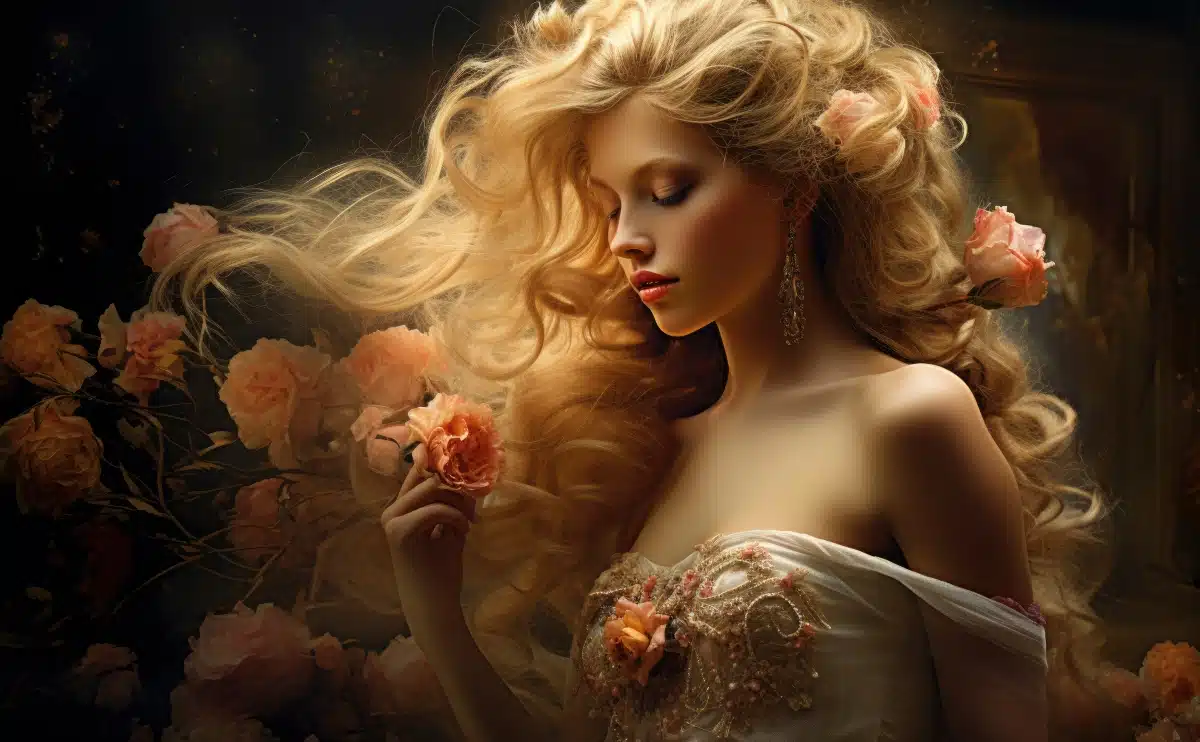
Best Poems by William Shakespeare

In the enchanting world of literature, few names shine as brightly as that of William Shakespeare.
Throughout his illustrious literary career, Shakespeare’s poems have mesmerized readers for centuries.
In this curated collection, we will explore some of his most cherished works, each thoughtfully categorized to offer a glimpse into the diverse themes that Shakespeare beautifully weaves together.
From tender sonnets that speak of love’s complexities, to poignant verses that explore the fleeting nature of time, you are invited on a poetic journey that will stir your emotions and ignite your imagination.
So, take a moment to relax, immerse yourself in the lyrical flow of words, and let Shakespeare’s timeless poems transport you to a world where emotions run deep and the power of language knows no boundaries.
Let’s get straight to it!
My #1 Favorite Poem by William Shakespeare
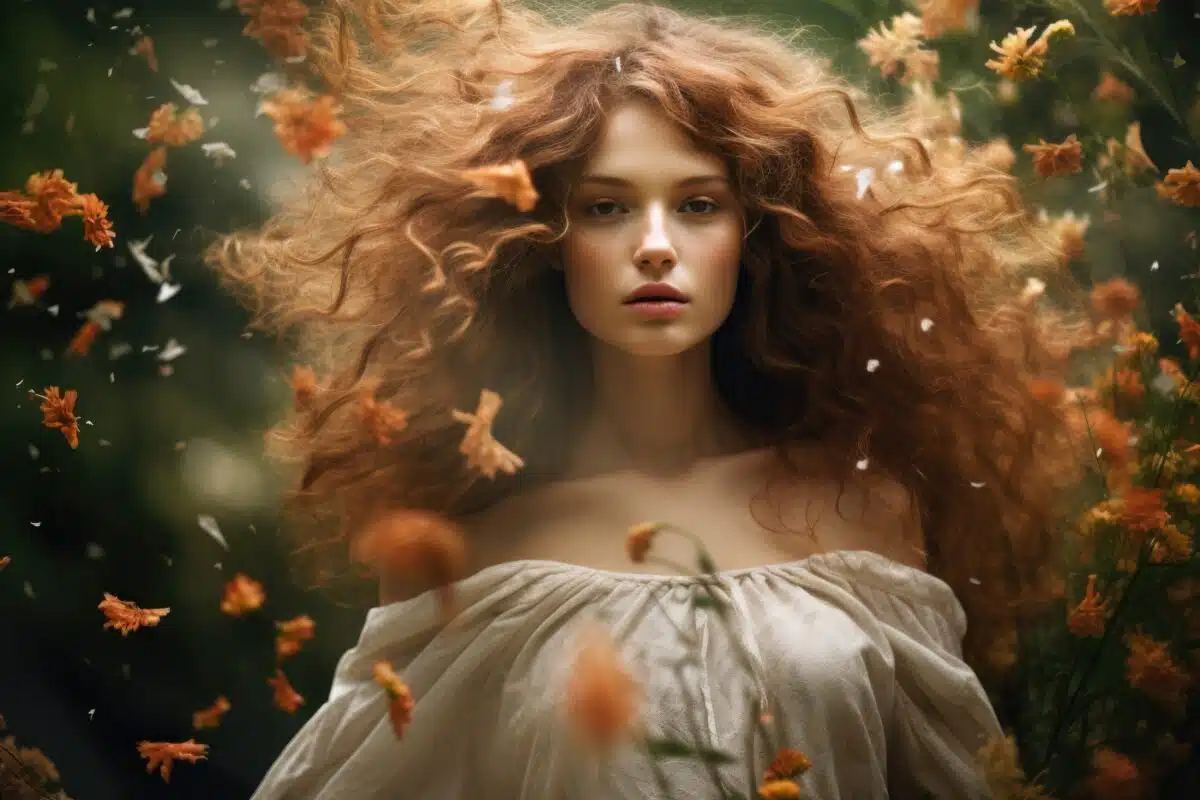
“Sonnet 46: Mine eye and heart are at a mortal war” by William Shakespeare
Mine eye and heart are at a mortal war,
How to divide the conquest of thy sight,
Mine eye, my heart thy picture’s sight would bar,
My heart, mine eye the freedom of that right,
My heart doth plead that thou in him dost lie,
A closet never pierced with crystal eyes;
But the defendant doth that plea deny,
And says in him thy fair appearance lies.
To side this title is impanelled
A quest of thoughts, all tenants to the heart,
And by their verdict is determined
The clear eye’s moiety, and the dear heart’s part.
As thus, mine eye’s due is thy outward part,
And my heart’s right, thy inward love of heart.
Why “Sonnet 46” Is My Favorite Poem
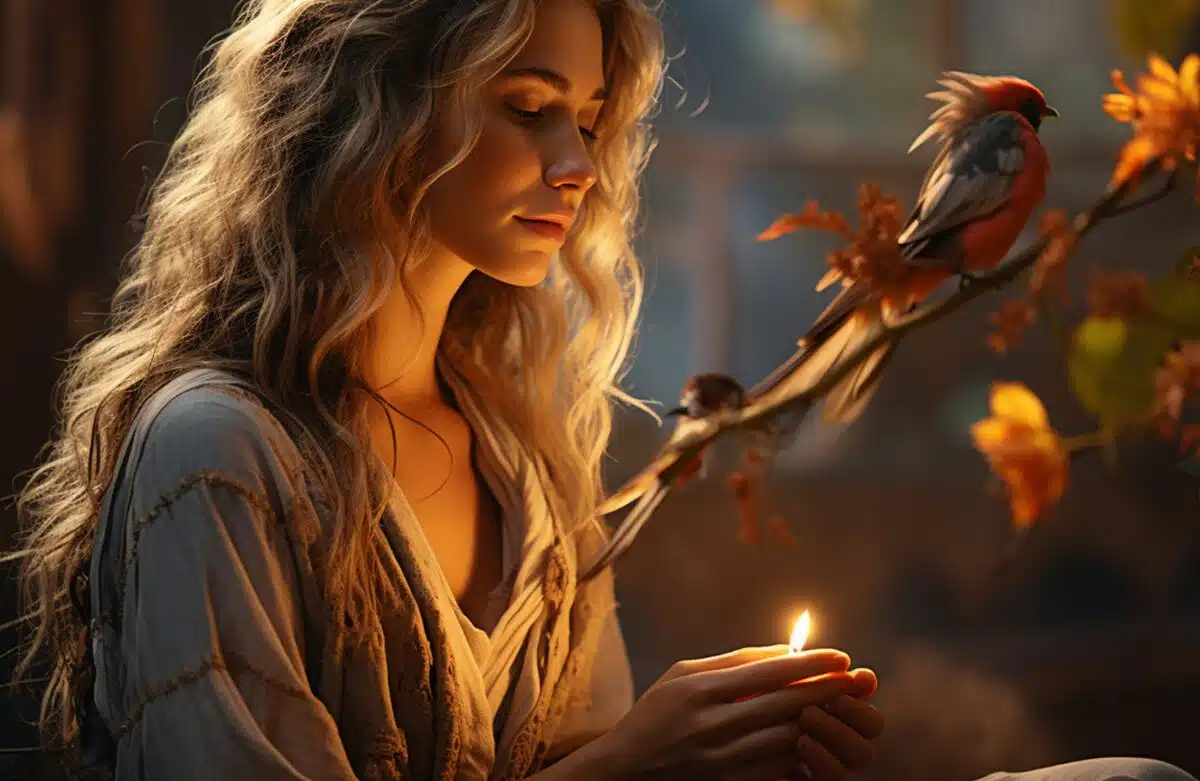
Besides the captivating use of metaphorical language, Shakespeare’s Sonnet 46 enthralls me with its profound exploration of inner conflict, which can be interpreted in the context of both love relationships and life in general.
This poem struck me because it realistically portrays the common struggle of an ordinary person trying to reconcile the conflicting desires of the mind and heart.
It also resonates with me personally, as I have encountered contradictions and navigated situations in life that required me to look beyond the surface to make the right choices, much like when selecting a partner for an intimate relationship.
Ultimately, this sonnet offers comfort and solace, assuring us that it’s alright to be confused at times and that it’s even acceptable to fall in love for superficial reasons.
At the end of the day, we are all free to pursue what our eyes and hearts desire, and love will inevitably triumph, regardless of the circumstances.
Famous Short Poems by William Shakespeare
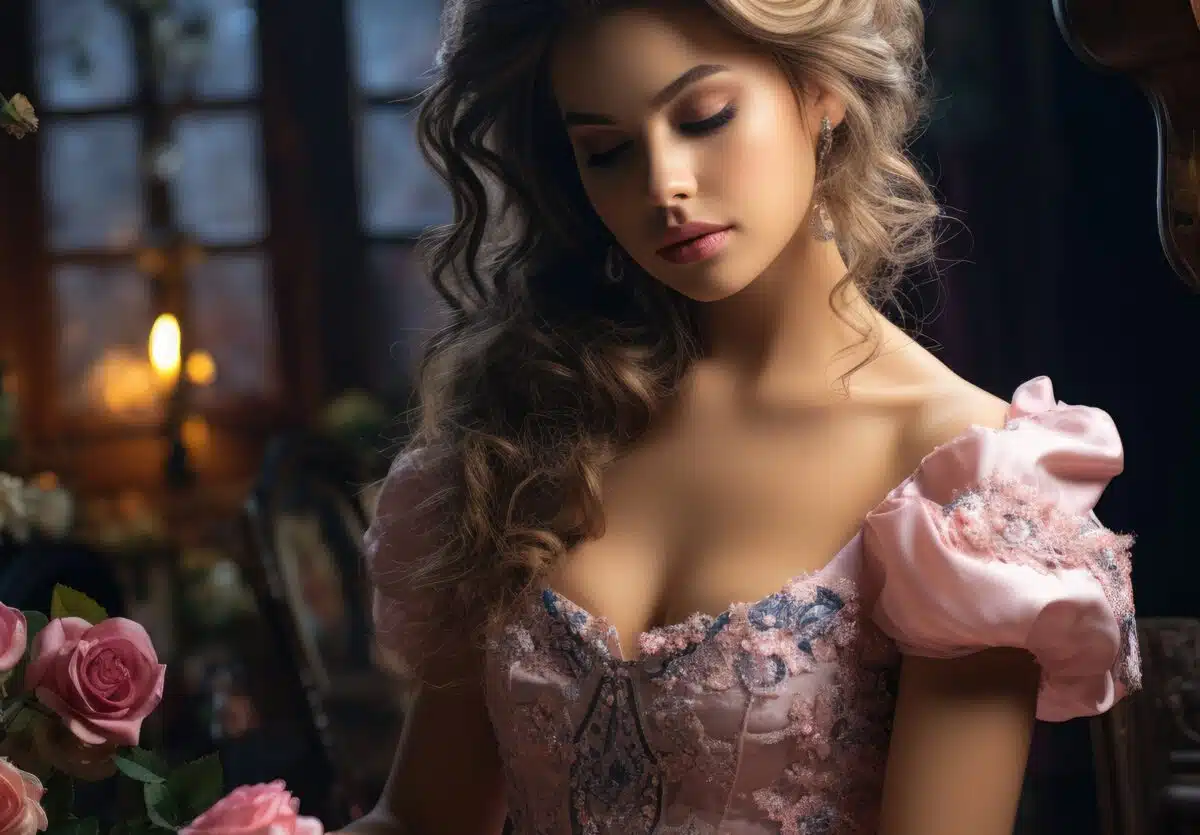
Let’s explore Shakespeare’s extensive repertoir of masterpieces, which contain hidden gems — his famous short poems that are brimming with emotions, beauty, and wisdom!
Together, we will immerse ourselves in his magic, leaving us enchanted and eager to read more.
Let’s begin!

“Song: Hark, hark! the lark” by William Shakespeare (From Cymbeline)
Hark, hark! the lark at heaven’s gate sings,
And Phœbus ’gins arise,
His steeds to water at those springs
On chalic’d flow’rs that lies;
And winking Mary-buds begin
To ope their golden eyes.
With everything that pretty is,
My lady sweet, arise;
Arise, arise!
“Song: Fear no more” by William Shakespeare (From Cymbeline)
Guiderius.
Fear no more the heat o’ th’ sun,
Nor the furious winter’s rages;
Thou thy worldly task hast done,
Home art gone, and ta’en thy wages.
Golden lads and girls all must,
As chimney-sweepers, come to dust.
Arviragus.
Fear no more the frown o’ th’ great;
Thou art past the tyrant’s stroke.
Care no more to clothe and eat;
To thee the reed is as the oak.
The sceptre, learning, physic, must
All follow this and come to dust.
“Song: Orpheus with his lute made trees” by William Shakespeare (From Henry VIII)
Orpheus with his lute made trees
And the mountain tops that freeze
Bow themselves when he did sing.
To his music plants and flowers
Ever sprung, as sun and showers
There had made a lasting spring.
Everything that heard him play,
Even the billows of the sea,
Hung their heads and then lay by.
In sweet music is such art,
Killing care and grief of heart
Fall asleep or, hearing, die.
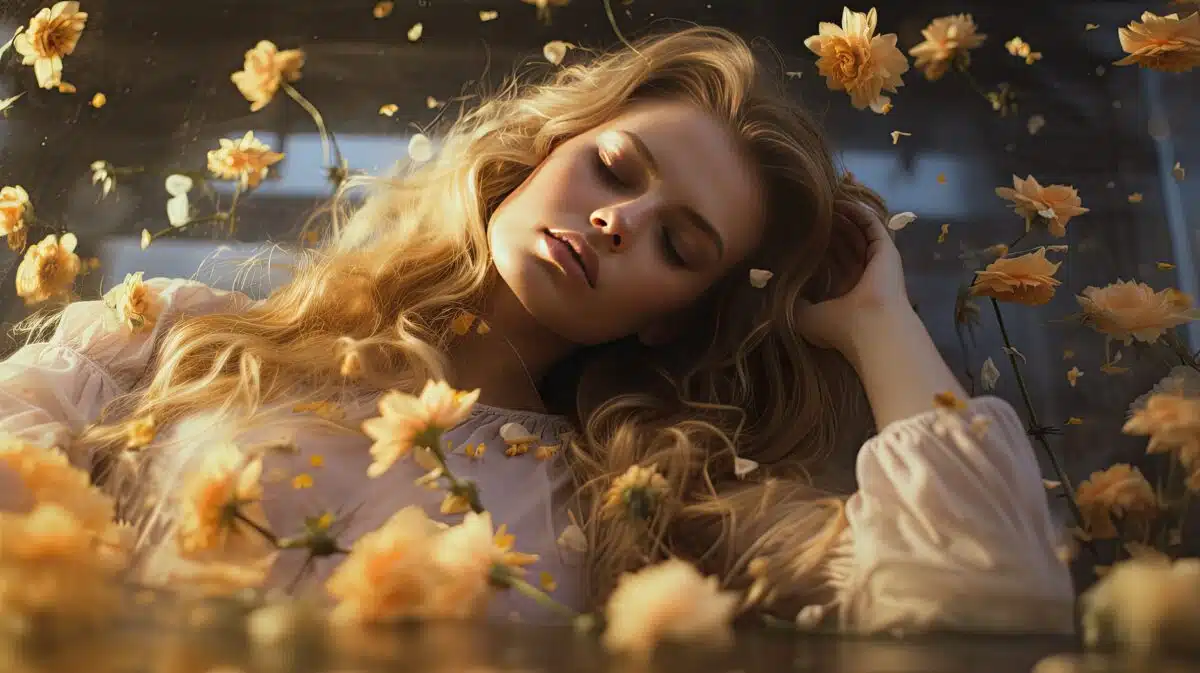
“Song: Take, O take those lips away” by William Shakespeare (From Measure for Measure)
That so sweetly were forsworn,
And those eyes, the break of day,
Lights that do mislead the morn.
But my kisses bring again,
Bring again;
Seals of love, but sealed in vain,
Sealed in vain.
“Song: When daisies pied and violets blue” by William Shakespeare (From Love’s Labours Lost)
Spring.
When daisies pied and violets blue
And lady-smocks all silver-white
And cuckoo-buds of yellow hue
Do paint the meadows with delight,
The cuckoo then on every tree
Mocks married men; for thus sings he:
“Cuckoo!
Cuckoo, cuckoo!” O, word of fear,
Unpleasing to a married ear.
When shepherds pipe on oaten straws,
And merry larks are ploughmen’s clocks,
When turtles tread, and rooks and daws,
And maidens bleach their summer smocks,
The cuckoo then, on every tree,
Mocks married men, for thus sings he:
“Cuckoo!
Cuckoo, cuckoo!” O, word of fear,
Unpleasing to a married ear.
“A Song” by William Shakespeare (From The Merchant of Venice)
Tell me where is fancy bred,
Or in the heart or in the head?
How begot, how nourished?
Reply, reply.
It is engend’red in the eyes,
With gazing fed, and fancy dies
In the cradle where it lies.
Let us all ring fancy’s knell:
I’ll begin it.—Ding, dong, bell.

“Song: Fie on sinful fantasy!” by William Shakespeare (From The Merry Wives of Windsor)
Fie on sinful fantasy!
Fie on lust and luxury!
Lust is but a bloody fire,
Kindled with unchaste desire,
Fed in heart, whose flames aspire,
As thoughts do blow them, higher and higher.
Pinch him, fairies, mutually;
Pinch him for his villany;
Pinch him and burn him and turn him about,
Till candles and star-light and moonshine be out.
“Song: When icicles hang by the wall” by William Shakespeare (From Love’s Labour’s Lost)
Winter.
When icicles hang by the wall,
And Dick the shepherd blows his nail,
And Tom bears logs into the hall,
And milk comes frozen home in pail,
When blood is nipped, and ways be foul,
Then nightly sings the staring owl:
“Tu-whit, Tu-whoo!” A merry note,
While greasy Joan doth keel the pot.
When all aloud the wind doth blow,
And coughing drowns the parson’s saw,
And birds sit brooding in the snow,
And Marian’s nose looks red and raw,
When roasted crabs hiss in the bowl,
Then nightly sings the staring owl:
“Tu-whit, Tu-whoo!” A merry note,
While greasy Joan doth keel the pot.
“Epitaph” by William Shakespeare (From Much Ado About Nothing)
Done to death by slanderous tongues
Was the Hero that here lies:
Death, in guerdon of her wrongs,
Gives her fame which never dies.
So the life that died with shame
Lives in death with glorious fame.
Hang thou there upon the tomb,
Praising her when I am dumb.
Now, music, sound, and sing your solemn hymn.
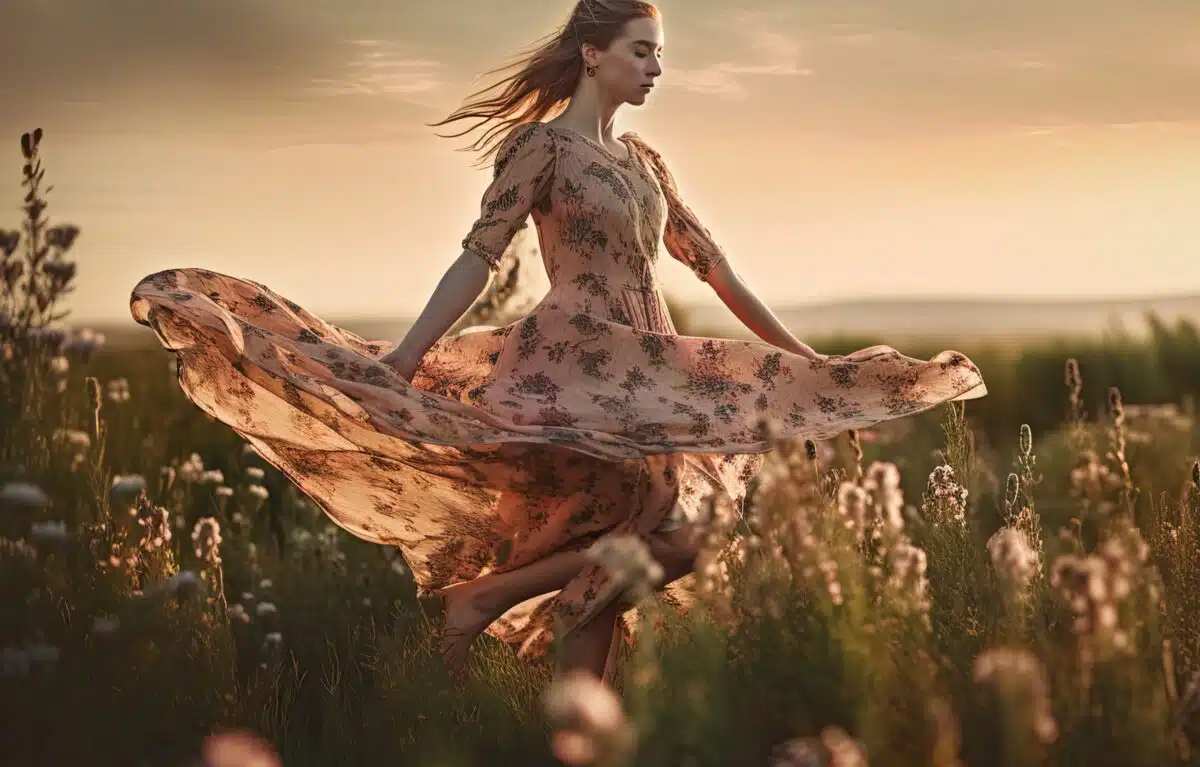
“Song: Pardon, goddess of the night” by William Shakespeare (From Much Ado About Nothing)
Pardon, goddess of the night,
Those that slew thy virgin knight;
For the which, with songs of woe,
Round about her tomb they go.
Midnight, assist our moan;
Help us to sigh and groan,
Heavily, heavily:
Graves, yawn and yield your dead,
Till death be uttered,
Heavily, heavily.
“Ariel’s Song” by William Shakespeare (From The Tempest)
Come unto these yellow sands,
And then take hands:
Curtsied when you have, and kiss’d
The wild waves whist.
Foot it featly here and there,
And sweet sprites bear
The burden. Hark, hark!
Burden dispersedly. Bow-wow.
The watch dogs bark.
[Burden dispersedly.] Bow-wow.
Hark, hark! I hear
The strain of strutting chanticleer
Cry cock-a-diddle-dow.
Poems About Love by William Shakespeare
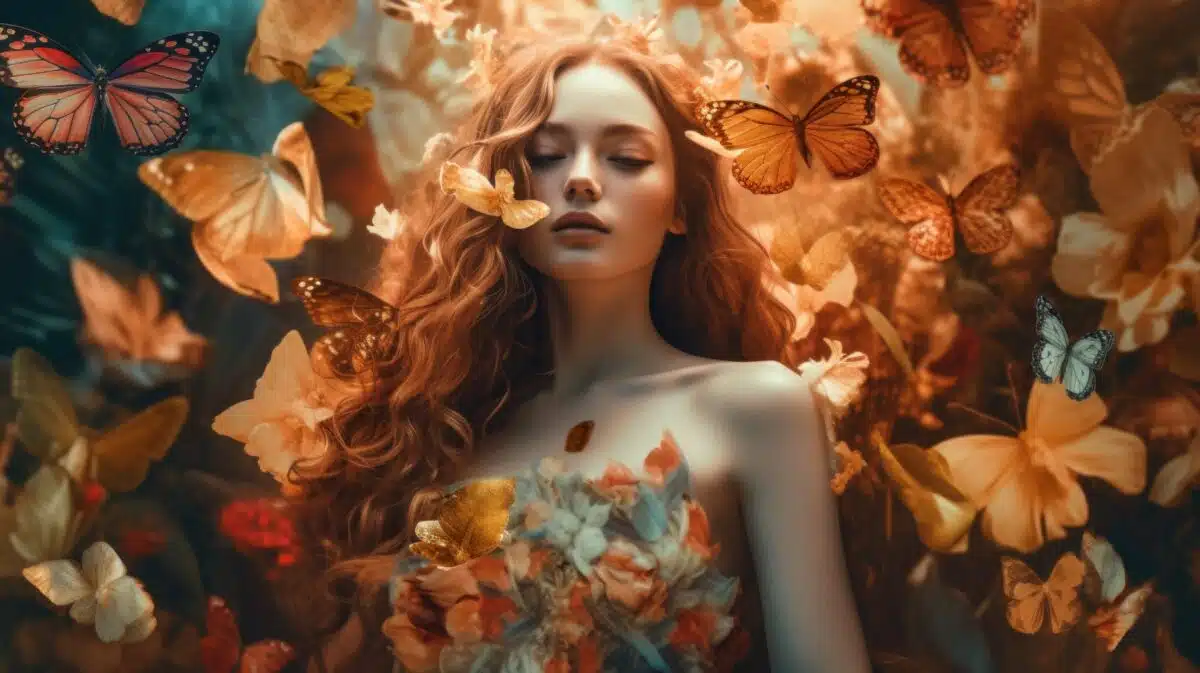
Get ready to be serenaded by Shakespeare’s timeless love poems, overflowing with passion, desire, and eternal devotion.
These love poems consist of sonnets and verses that pulsate with the very essence of human emotion.
Let’s jump right in!
“Sonnet 18: Shall I compare thee to a summer’s day” by William Shakespeare
Shall I compare thee to a summer’s day?
Thou art more lovely and more temperate:
Rough winds do shake the darling buds of May,
And summer’s lease hath all too short a date:
Sometime too hot the eye of heaven shines,
And often is his gold complexion dimmed,
And every fair from fair sometime declines,
By chance, or nature’s changing course untrimmed:
But thy eternal summer shall not fade,
Nor lose possession of that fair thou ow’st,
Nor shall death brag thou wand’rest in his shade,
When in eternal lines to time thou grow’st,
So long as men can breathe or eyes can see,
So long lives this, and this gives life to thee.
“Song: It was a lover and his lass” by William Shakespeare (From As You Like It)
It was a lover and his lass,
With a hey, and a ho, and a hey nonino,
That o’er the green cornfield did pass
In the spring-time, the only pretty ring time,
When birds do sing, hey ding a ding, ding.
Sweet lovers love the spring.
Between the acres of the rye,
With a hey, and a ho, and a hey nonino,
These pretty country folks would lie,
In the spring-time, the only pretty ring time,
When birds do sing, hey ding a ding, ding.
Sweet lovers love the spring.
This carol they began that hour,
With a hey, and a ho, and a hey nonino,
How that a life was but a flower,
In the spring-time, the only pretty ring time,
When birds do sing, hey ding a ding, ding.
Sweet lovers love the spring.
And therefore take the present time,
With a hey, and a ho, and a hey nonino,
For love is crowned with the prime,
In the spring-time, the only pretty ring time,
When birds do sing, hey ding a ding, ding.
Sweet lovers love the spring.
“Song: Who Is Silvia” by William Shakespeare (From Two Gentlemen of Verona)
Who is Silvia? What is she,
That all our swains commend her?
Holy, fair, and wise is she;
The heaven such grace did lend her,
That she might admired be.
Is she kind as she is fair?
For beauty lives with kindness.
Love doth to her eyes repair,
To help him of his blindness;
And, being help’d, inhabits there.
Then to Silvia let us sing
That Silvia is excelling;
She excels each mortal thing
Upon the dull earth dwelling.
‘To her let us garlands bring.
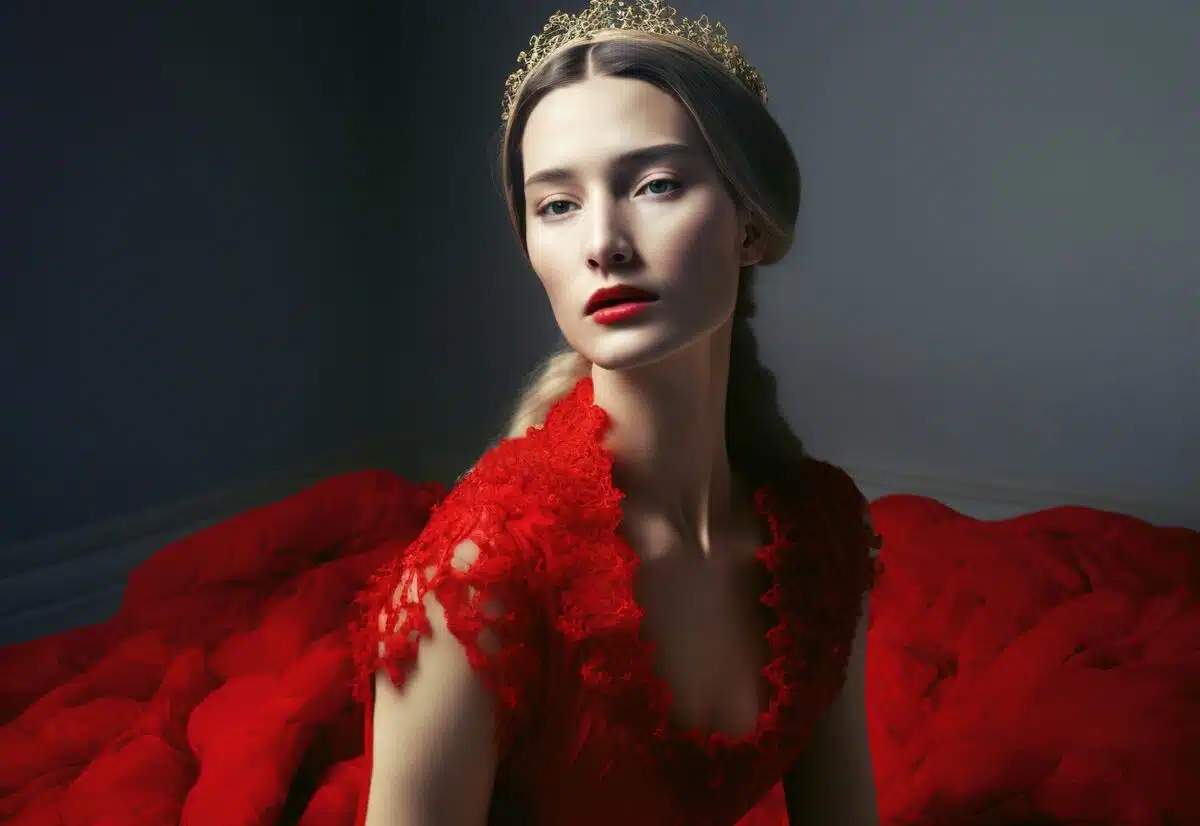
“O Romeo, Romeo, wherefore art thou Romeo?” by William Shakespeare
Juliet.
O Romeo, Romeo, wherefore art thou Romeo?
Deny thy father and refuse thy name.
Or if thou wilt not, be but sworn my love
And I’ll no longer be a Capulet.
‘Tis but thy name that is my enemy:
Thou art thyself, though not a Montague.
What’s Montague? It is nor hand nor foot
Nor arm nor face nor any other part
Belonging to a man. O be some other name.
What’s in a name? That which we call a rose
By any other name would smell as sweet;
So Romeo would, were he not Romeo call’d,
Retain that dear perfection which he owes
Without that title. Romeo, doff thy name,
And for that name, which is no part of thee,
Take all myself.
“Sonnet 116: Let me not to the marriage of true minds” by William Shakespeare
Let me not to the marriage of true minds
Admit impediments, love is not love
Which alters when it alteration finds,
Or bends with the remover to remove.
O no, it is an ever-fixed mark
That looks on tempests and is never shaken;
It is the star to every wand’ring bark,
Whose worth’s unknown, although his height be taken.
Love’s not Time’s fool, though rosy lips and cheeks
Within his bending sickle’s compass come,
Love alters not with his brief hours and weeks,
But bears it out even to the edge of doom:
If this be error and upon me proved,
I never writ, nor no man ever loved.
“Now, until the break of day” by William Shakespeare (From A Midsummer Night’s Dream)
Oberon.
Now, until the break of day,
Through this house each fairy stray.
To the best bride-bed will we,
Which by us shall blessèd be;
And the issue there create
Ever shall be fortunate.
So shall all the couples three
Ever true in loving be;
And the blots of Nature’s hand
Shall not in their issue stand:
Never mole, hare-lip, nor scar,
Nor mark prodigious, such as are
Despised in nativity,
Shall upon their children be.
With this field-dew consecrate,
Every fairy take his gait,
And each several chamber bless,
Through this palace, with sweet peace;
And the owner of it blest.
Ever shall it in safety rest,
Trip away. Make no stay;
Meet me all by break of day.
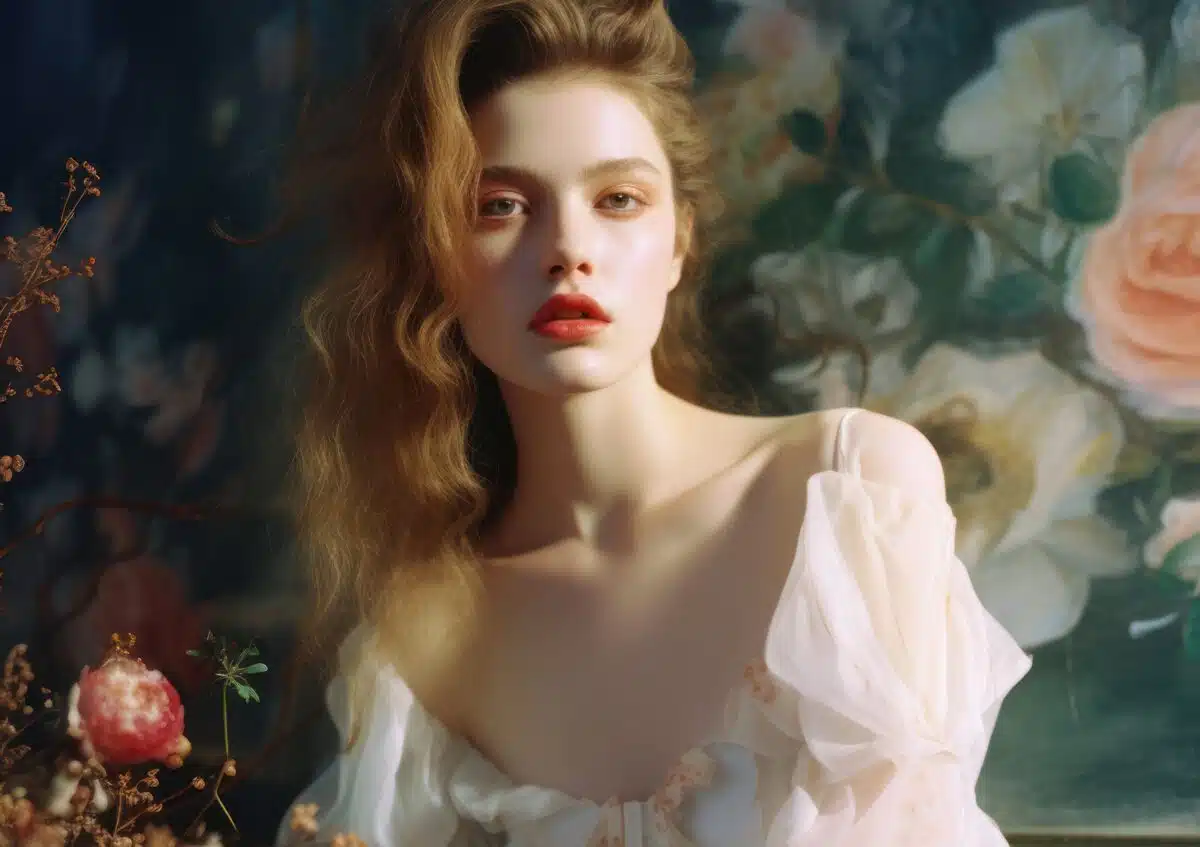
From “Venus And Adonis” by William Shakespeare
“Touch but my lips with those fair lips of thine,
Though mine be not so fair, yet are they red,
The kiss shall be thine own as well as mine:
What see’st thou in the ground? hold up thy head,
Look in mine eyeballs, there thy beauty lies;
Then why not lips on lips, since eyes in eyes?
“Art thou asham’d to kiss? then wink again,
And I will wink; so shall the day seem night.
Love keeps his revels where there are but twain;
Be bold to play, our sport is not in sight,
These blue-vein’d violets whereon we lean
Never can blab, nor know not what we mean.
“The tender spring upon thy tempting lip
Shows thee unripe; yet mayst thou well be tasted,
Make use of time, let not advantage slip;
Beauty within itself should not be wasted,
Fair flowers that are not gather’d in their prime
Rot, and consume themselves in little time.
“Sonnet 138: When my love swears that she is made of truth” by William Shakespeare
When my love swears that she is made of truth,
I do believe her, though I know she lies,
That she might think me some untutor’d youth,
Unskilful in the world’s false forgeries.
Thus vainly thinking that she thinks me young,
Although I know my years be past the best,
I smiling credit her false-speaking tongue,
Outfacing faults in love with love’s ill rest.
But wherefore says my love that she is young?
And wherefore say not I that I am old?
O, love’s best habit is a soothing tongue,
And age, in love, loves not to have years told.
Therefore, I’ll lie with love, and love with me,
Since that our faults in love thus smother’d be.
“Sonnet 147: My love is as a fever longing still” by William Shakespeare
My love is as a fever longing still,
For that which longer nurseth the disease,
Feeding on that which doth preserve the ill,
Th’ uncertain sickly appetite to please:
My reason the physician to my love,
Angry that his prescriptions are not kept
Hath left me, and I desperate now approve,
Desire is death, which physic did except.
Past cure I am, now reason is past care,
And frantic-mad with evermore unrest,
My thoughts and my discourse as mad men’s are,
At random from the truth vainly expressed.
For I have sworn thee fair, and thought thee bright,
Who art as black as hell, as dark as night.
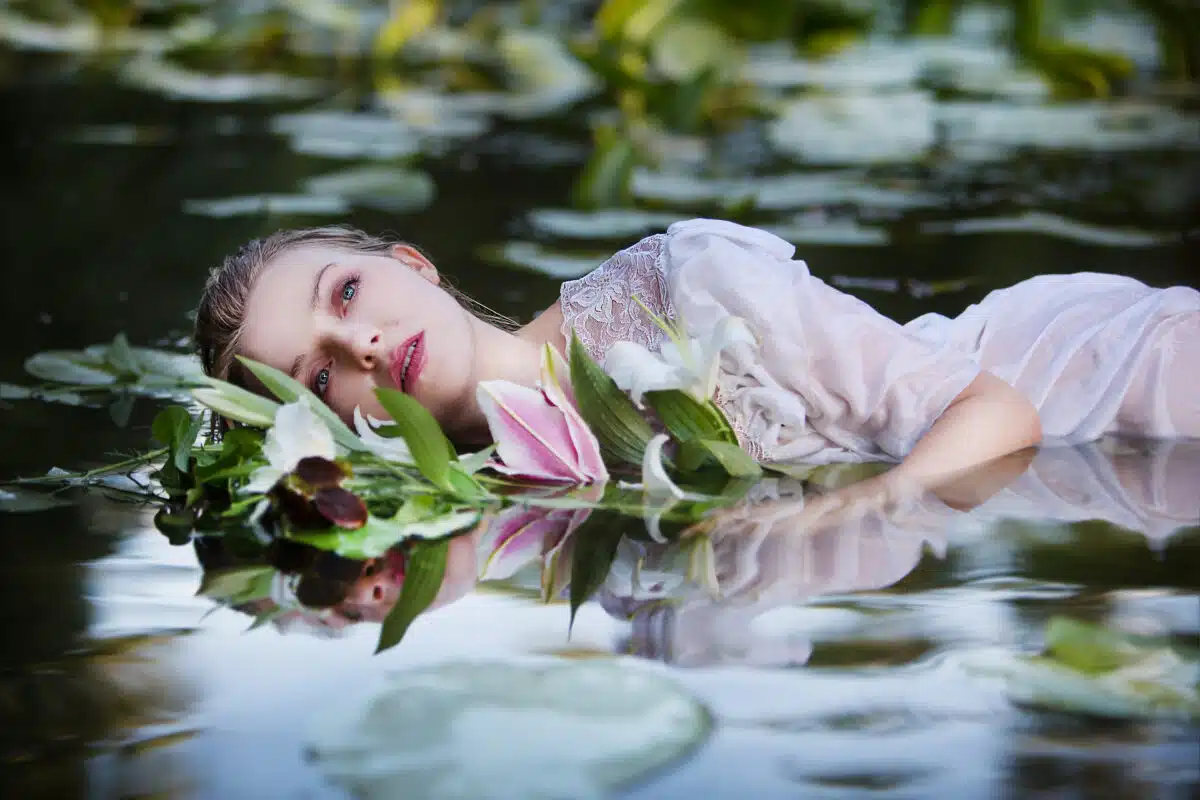
From “Venus And Adonis” by William Shakespeare
“Call it not love, for love to heaven is fled,
Since sweating lust on earth usurp’d his name;
Under whose simple semblance he hath fed
Upon fresh beauty, blotting it with blame;
Which the hot tyrant stains and soon bereaves,
As caterpillars do the tender leaves.
“Love comforteth like sunshine after rain,
But lust’s effect is tempest after sun;
Love’s gentle spring doth always fresh remain,
Lust’s winter comes ere summer half be done.
Love surfeits not, lust like a glutton dies;
Love is all truth, lust full of forged lies.
“Sonnet 29: When in disgrace with fortune and men’s eyes” by William Shakespeare
When in disgrace with fortune and men’s eyes,
I all alone beweep my outcast state,
And trouble deaf heaven with my bootless cries,
And look upon my self and curse my fate,
Wishing me like to one more rich in hope,
Featured like him, like him with friends possessed,
Desiring this man’s art, and that man’s scope,
With what I most enjoy contented least,
Yet in these thoughts my self almost despising,
Haply I think on thee, and then my state,
(Like to the lark at break of day arising
From sullen earth) sings hymns at heaven’s gate,
For thy sweet love remembered such wealth brings,
That then I scorn to change my state with kings.
“Sonnet 98: From you have I been absent in the spring” by William Shakespeare
From you have I been absent in the spring,
When proud-pied April (dressed in all his trim)
Hath put a spirit of youth in every thing:
That heavy Saturn laughed and leaped with him.
Yet nor the lays of birds, nor the sweet smell
Of different flowers in odour and in hue,
Could make me any summer’s story tell:
Or from their proud lap pluck them where they grew:
Nor did I wonder at the lily’s white,
Nor praise the deep vermilion in the rose,
They were but sweet, but figures of delight:
Drawn after you, you pattern of all those.
Yet seemed it winter still, and you away,
As with your shadow I with these did play.
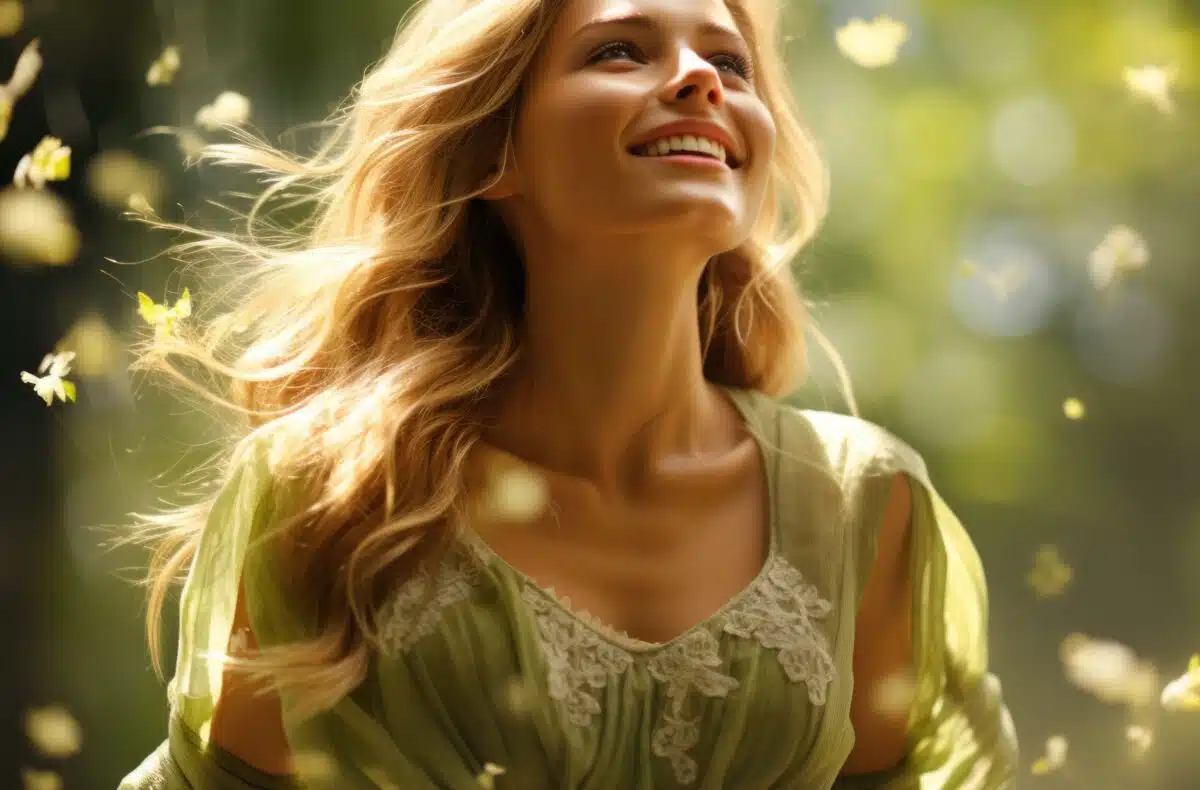
“Sonnet 130: My mistress’ eyes are nothing like the sun” by William Shakespeare
My mistress’ eyes are nothing like the sun,
Coral is far more red, than her lips red,
If snow be white, why then her breasts are dun:
If hairs be wires, black wires grow on her head:
I have seen roses damasked, red and white,
But no such roses see I in her cheeks,
And in some perfumes is there more delight,
Than in the breath that from my mistress reeks.
I love to hear her speak, yet well I know,
That music hath a far more pleasing sound:
I grant I never saw a goddess go;
My mistress when she walks treads on the ground.
And yet by heaven I think my love as rare,
As any she belied with false compare.
“Sonnet 73: That time of year thou mayst in me behold”
That time of year thou mayst in me behold,
When yellow leaves, or none, or few do hang
Upon those boughs which shake against the cold,
Bare ruined choirs, where late the sweet birds sang.
In me thou seest the twilight of such day,
As after sunset fadeth in the west,
Which by and by black night doth take away,
Death’s second self that seals up all in rest.
In me thou seest the glowing of such fire,
That on the ashes of his youth doth lie,
As the death-bed, whereon it must expire,
Consumed with that which it was nourished by.
This thou perceiv’st, which makes thy love more strong,
To love that well, which thou must leave ere long.
“Sonnet 36: Let me confess that we two must be twain” by William Shakespeare
Let me confess that we two must be twain,
Although our undivided loves are one:
So shall those blots that do with me remain,
Without thy help, by me be borne alone.
In our two loves there is but one respect,
Though in our lives a separable spite,
Which though it alter not love’s sole effect,
Yet doth it steal sweet hours from love’s delight.
I may not evermore acknowledge thee,
Lest my bewailed guilt should do thee shame,
Nor thou with public kindness honour me,
Unless thou take that honour from thy name:
But do not so, I love thee in such sort,
As thou being mine, mine is thy good report.

“Sonnet 40: Take all my loves, my love, yea take them all” by William Shakespeare
Take all my loves, my love, yea take them all,
What hast thou then more than thou hadst before?
No love, my love, that thou mayst true love call,
All mine was thine, before thou hadst this more:
Then if for my love, thou my love receivest,
I cannot blame thee, for my love thou usest,
But yet be blamed, if thou thyself deceivest
By wilful taste of what thyself refusest.
I do forgive thy robbery gentle thief
Although thou steal thee all my poverty:
And yet love knows it is a greater grief
To bear greater wrong, than hate’s known injury.
Lascivious grace, in whom all ill well shows,
Kill me with spites yet we must not be foes.
“Sonnet 42: That thou hast her it is not all my grief” by William Shakespeare
That thou hast her it is not all my grief,
And yet it may be said I loved her dearly,
That she hath thee is of my wailing chief,
A loss in love that touches me more nearly.
Loving offenders thus I will excuse ye,
Thou dost love her, because thou know’st I love her,
And for my sake even so doth she abuse me,
Suff’ring my friend for my sake to approve her.
If I lose thee, my loss is my love’s gain,
And losing her, my friend hath found that loss,
Both find each other, and I lose both twain,
And both for my sake lay on me this cross,
But here’s the joy, my friend and I are one,
Sweet flattery, then she loves but me alone.
“Sonnet 102: My love is strengthened, though more weak in seeming” by William Shakespeare
My love is strengthened, though more weak in seeming;
I love not less, though less the show appear;
That love is merchandized, whose rich esteeming,
The owner’s tongue doth publish every where.
Our love was new, and then but in the spring,
When I was wont to greet it with my lays;
As Philomel in summer’s front doth sing,
And stops his pipe in growth of riper days:
Not that the summer is less pleasant now
Than when her mournful hymns did hush the night,
But that wild music burthens every bough,
And sweets grown common lose their dear delight.
Therefore like her, I sometime hold my tongue:
Because I would not dull you with my song.
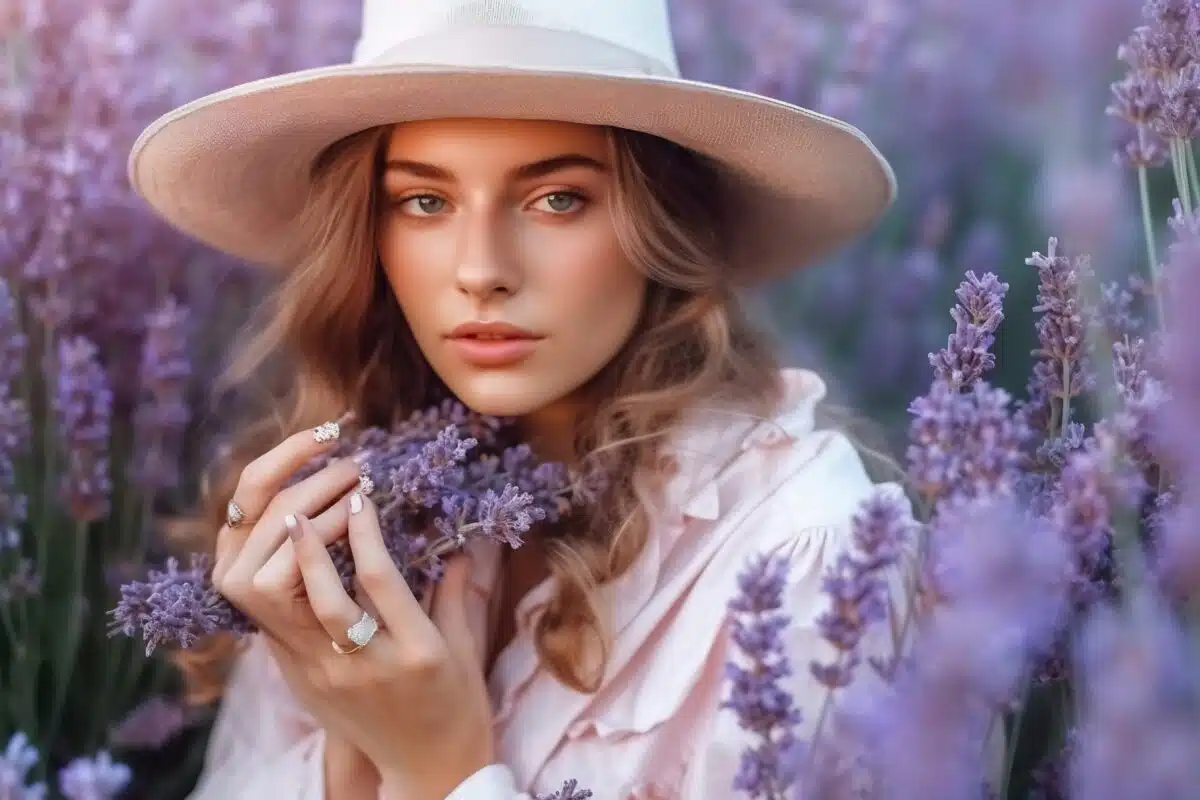
“Sonnet 145: Those lips that Love’s own hand did make” by William Shakespeare
Those lips that Love’s own hand did make,
Breathed forth the sound that said ‘I hate’,
To me that languished for her sake:
But when she saw my woeful state,
Straight in her heart did mercy come,
Chiding that tongue that ever sweet,
Was used in giving gentle doom:
And taught it thus anew to greet:
‘I hate’ she altered with an end,
That followed it as gentle day,
Doth follow night who like a fiend
From heaven to hell is flown away.
‘I hate’, from hate away she threw,
And saved my life saying ‘not you’.
“Sonnet 13: O that you were your self, but love you are” by William Shakespeare
O that you were your self, but love you are
No longer yours, than you yourself here live,
Against this coming end you should prepare,
And your sweet semblance to some other give.
So should that beauty which you hold in lease
Find no determination, then you were
Yourself again after yourself’s decease,
When your sweet issue your sweet form should bear.
Who lets so fair a house fall to decay,
Which husbandry in honour might uphold,
Against the stormy gusts of winter’s day
And barren rage of death’s eternal cold?
O none but unthrifts, dear my love you know,
You had a father, let your son say so.
“Sonnet 154: The little Love-god lying once asleep” by William Shakespeare
The little Love-god lying once asleep,
Laid by his side his heart-inflaming brand,
Whilst many nymphs that vowed chaste life to keep,
Came tripping by, but in her maiden hand,
The fairest votary took up that fire,
Which many legions of true hearts had warmed,
And so the general of hot desire,
Was sleeping by a virgin hand disarmed.
This brand she quenched in a cool well by,
Which from Love’s fire took heat perpetual,
Growing a bath and healthful remedy,
For men diseased; but I, my mistress’ thrall,
Came there for cure and this by that I prove,
Love’s fire heats water, water cools not love.
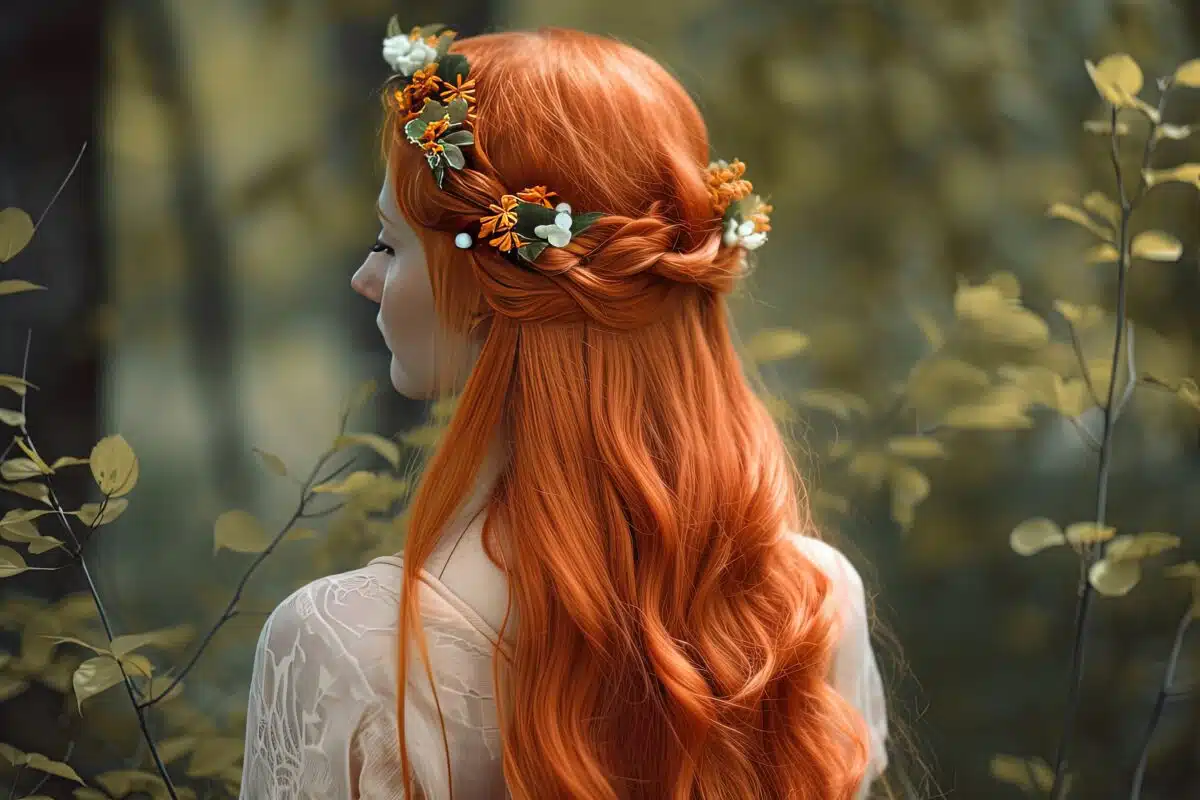
“Sonnet 23: As an unperfect actor on the stage” by William Shakespeare
As an unperfect actor on the stage,
Who with his fear is put beside his part,
Or some fierce thing replete with too much rage,
Whose strength’s abundance weakens his own heart;
So I for fear of trust, forget to say,
The perfect ceremony of love’s rite,
And in mine own love’s strength seem to decay,
O’ercharged with burthen of mine own love’s might:
O let my looks be then the eloquence,
And dumb presagers of my speaking breast,
Who plead for love, and look for recompense,
More than that tongue that more hath more expressed.
O learn to read what silent love hath writ,
To hear with eyes belongs to love’s fine wit.
“Sonnet 57: Being your slave what should I do but tend” by William Shakespeare
Being your slave what should I do but tend,
Upon the hours, and times of your desire?
I have no precious time at all to spend;
Nor services to do till you require.
Nor dare I chide the world-without-end hour,
Whilst I (my sovereign) watch the clock for you,
Nor think the bitterness of absence sour,
When you have bid your servant once adieu.
Nor dare I question with my jealous thought,
Where you may be, or your affairs suppose,
But like a sad slave stay and think of nought
Save where you are, how happy you make those.
So true a fool is love, that in your will,
(Though you do any thing) he thinks no ill.
“Sonnet 105: Let not my love be called idolatry” by William Shakespeare
Let not my love be called idolatry,
Nor my beloved as an idol show,
Since all alike my songs and praises be
To one, of one, still such, and ever so.
Kind is my love to-day, to-morrow kind,
Still constant in a wondrous excellence,
Therefore my verse to constancy confined,
One thing expressing, leaves out difference.
Fair, kind, and true, is all my argument,
Fair, kind, and true, varying to other words,
And in this change is my invention spent,
Three themes in one, which wondrous scope affords.
Fair, kind, and true, have often lived alone.
Which three till now, never kept seat in one.

“Sonnet 113: Since I left you, mine eye is in my mind”
Since I left you, mine eye is in my mind,
And that which governs me to go about,
Doth part his function, and is partly blind,
Seems seeing, but effectually is out:
For it no form delivers to the heart
Of bird, of flower, or shape which it doth latch,
Of his quick objects hath the mind no part,
Nor his own vision holds what it doth catch:
For if it see the rud’st or gentlest sight,
The most sweet favour or deformed’st creature,
The mountain, or the sea, the day, or night:
The crow, or dove, it shapes them to your feature.
Incapable of more, replete with you,
My most true mind thus maketh mine untrue.
“Sonnet 137: Thou blind fool Love, what dost thou to mine eyes” by William Shakespeare
Thou blind fool Love, what dost thou to mine eyes,
That they behold and see not what they see?
They know what beauty is, see where it lies,
Yet what the best is, take the worst to be.
If eyes corrupt by over-partial looks,
Be anchored in the bay where all men ride,
Why of eyes’ falsehood hast thou forged hooks,
Whereto the judgment of my heart is tied?
Why should my heart think that a several plot,
Which my heart knows the wide world’s common place?
Or mine eyes seeing this, say this is not
To put fair truth upon so foul a face?
In things right true my heart and eyes have erred,
And to this false plague are they now transferred.
“Sonnet 142: Love is my sin, and thy dear virtue hate” by William Shakespeare
Love is my sin, and thy dear virtue hate,
Hate of my sin, grounded on sinful loving,
O but with mine, compare thou thine own state,
And thou shalt find it merits not reproving,
Or if it do, not from those lips of thine,
That have profaned their scarlet ornaments,
And sealed false bonds of love as oft as mine,
Robbed others’ beds’ revenues of their rents.
Be it lawful I love thee as thou lov’st those,
Whom thine eyes woo as mine importune thee,
Root pity in thy heart that when it grows,
Thy pity may deserve to pitied be.
If thou dost seek to have what thou dost hide,
By self-example mayst thou be denied.
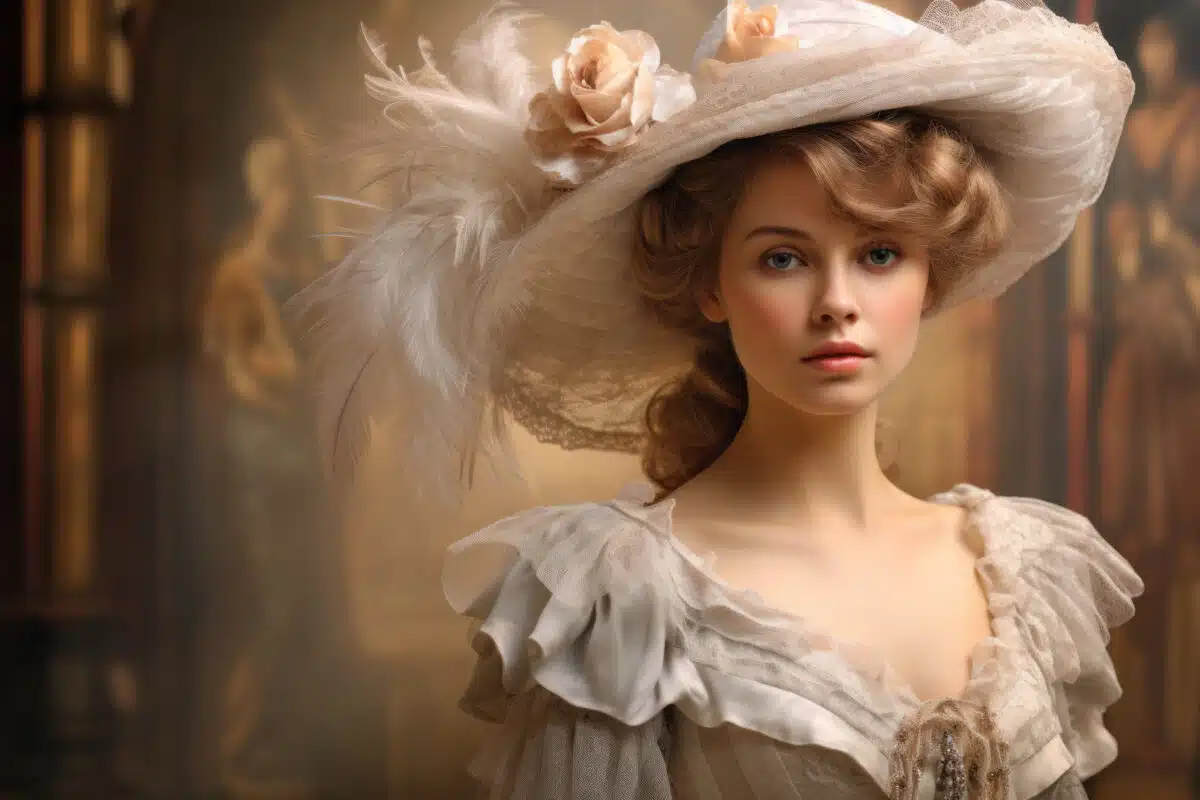
“But soft, what light through yonder window breaks?” by William Shakespeare
Romeo.
But soft, what light through yonder window breaks?
It is the east, and Juliet is the sun!
Arise fair sun and kill the envious moon,
Who is already sick and pale with grief,
That thou her maid art far more fair than she.
Be not her maid since she is envious;
Her vestal livery is but sick and green,
And none but fools do wear it; cast it off.
It is my lady, O it is my love!
O, that she knew she were!
She speaks, yet she says nothing. What of that?
Her eye discourses, I will answer it.
I am too bold, ’tis not to me she speaks.
Two of the fairest stars in all the heaven,
Having some business, do entreat her eyes
To twinkle in their spheres till they return.
What if her eyes were there, they in her head?
The brightness of her cheek would shame those stars,
As daylight doth a lamp; her eyes in heaven
Would through the airy region stream so bright
That birds would sing and think it were not night.
See how she leans her cheek upon her hand.
O that I were a glove upon that hand,
That I might touch that cheek.
“The Phoenix And The Turtle” by William Shakespeare
Let the bird of loudest lay,
On the sole Arabian tree,
Herald sad and trumpet be,
To whose sound chaste wings obey.
But thou shrieking harbinger,
Foul precurrer of the fiend,
Augur of the fever’s end,
To this troop come thou not near.
From this session interdict
Every fowl of tyrant wing,
Save the eagle, feather’d king;
Keep the obsequy so strict.
Let the priest in surplice white,
That defunctive music can,
Be the death-divining swan,
Lest the requiem lack his right.
And thou treble-dated crow,
That thy sable gender mak’st
With the breath thou giv’st and tak’st,
’Mongst our mourners shalt thou go.
Here the anthem doth commence:
Love and constancy is dead;
Phoenix and the turtle fled
In a mutual flame from hence.
So they lov’d, as love in twain
Had the essence but in one;
Two distincts, division none:
Number there in love was slain.
Hearts remote, yet not asunder;
Distance and no space was seen
’Twixt this turtle and his queen;
But in them it were a wonder.
So between them love did shine,
That the turtle saw his right
Flaming in the phoenix’ sight;
Either was the other’s mine.
Property was thus appalled,
That the self was not the same;
Single nature’s double name
Neither two nor one was called.
Reason, in itself confounded,
Saw division grow together;
To themselves yet either neither,
Simple were so well compounded.
That it cried, How true a twain
Seemeth this concordant one!
Love hath reason, reason none,
If what parts can so remain.
Whereupon it made this threne
To the phoenix and the dove,
Co-supremes and stars of love,
As chorus to their tragic scene.
Threnos
Beauty, truth, and rarity.
Grace in all simplicity,
Here enclos’d in cinders lie.
Death is now the phoenix’ nest;
And the turtle’s loyal breast
To eternity doth rest.
Leaving no posterity:—
’Twas not their infirmity,
It was married chastity.
Truth may seem, but cannot be;
Beauty brag, but ’tis not she;
Truth and beauty buried be.
To this urn let those repair
That are either true or fair;
For these dead birds sigh a prayer.
Poems About Life by William Shakespeare
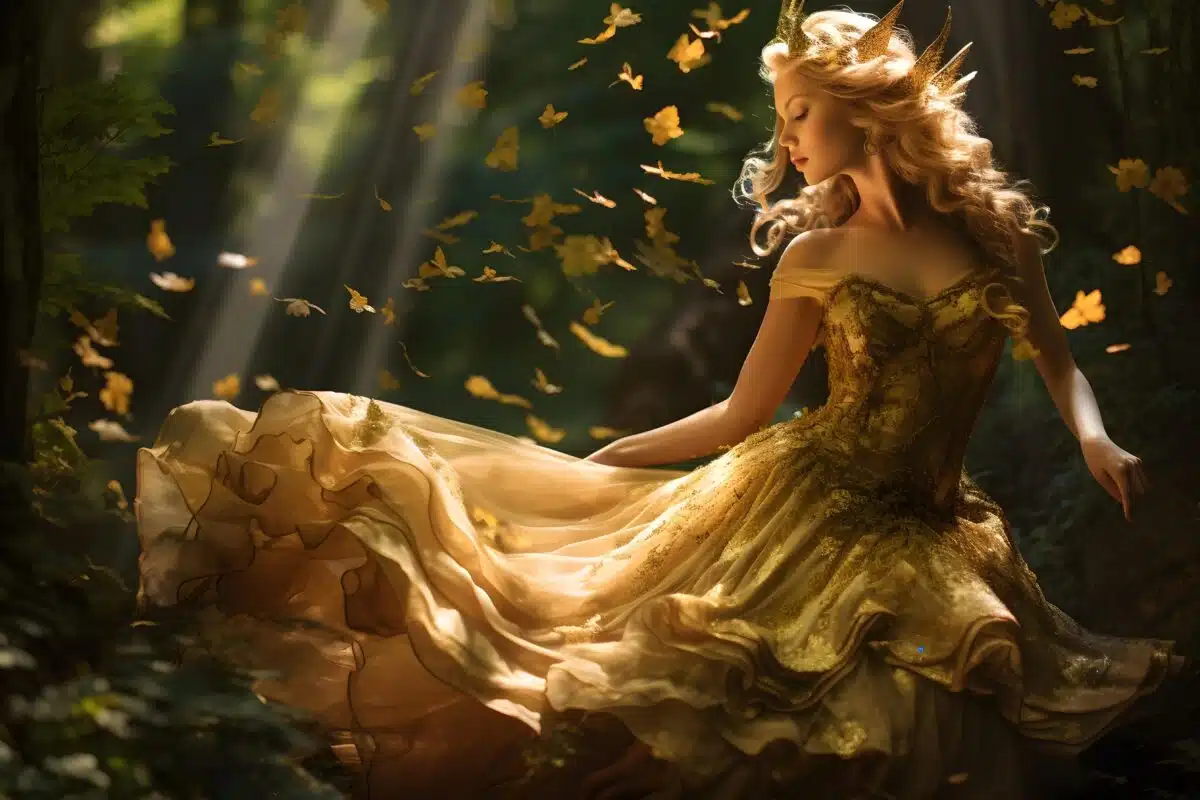
Today, we invite you to celebrate life and embark on a poetic journey filled with deep insights, and moving reflections.
And together let’s explore the depth, beauty, and complexities of the human life through the words of the Bard, William Shakespeare.
Keep reading!
“The Song” by William Shakespeare (From The Two Noble Kinsmen)
Roses, their sharp spines being gone,
Not royal in their smells alone,
But in their hue;
Maiden pinks of odour faint,
Daisies smell-less, yet most quaint,
And sweet thyme true;
Primrose, first-born child of Ver,
Merry springtime’s harbinger,
With harebells dim,
Oxlips in their cradles growing,
Marigolds on deathbeds blowing,
Lark’s-heels trim;
All dear Nature’s children sweet
Lie ’fore bride and bridegroom’s feet,
Blessing their sense.
Not an angel of the air,
Bird melodious or bird fair,
Is absent hence.
The crow, the sland’rous cuckoo, nor
The boding raven, nor chough hoar,
Nor chatt’ring ’pie,
May on our bride-house perch or sing,
Or with them any discord bring,
But from it fly.
“Song: When daffodils begin to peer” by William Shakespeare (From The Winter’s Tale)
Autolycus.
When daffodils begin to peer,
With, hey! the doxy over the dale,
Why, then comes in the sweet o’ the year,
For the red blood reigns in the winter’s pale.
The white sheet bleaching on the hedge,
With, hey! the sweet birds, O, how they sing!
Doth set my pugging tooth on edge;
For a quart of ale is a dish for a king.
The lark, that tirra-lirra chants,
With, hey! with, hey! the thrush and the jay,
Are summer songs for me and my aunts,
While we lie tumbling in the hay.
* * * * * * * * * * * * * * * * * *
But shall I go mourn for that, my dear?
The pale moon shines by night:
And when I wander here and there,
I then do most go right.
If tinkers may have leave to live,
And bear the sow-skin budget,
Then my account I well may give
And in the stocks avouch it.
“Song: Lawn as white as driven snow” by William Shakespeare (From The Winter’s Tale)
Lawn as white as driven snow,
Cypress black as e’er was crow,
Gloves as sweet as damask roses,
Masks for faces and for noses,
Bugle-bracelet, necklace amber,
Perfume for a lady’s chamber,
Golden quoifs and stomachers
For my lads to give their dears,
Pins and poking-sticks of steel,
What maids lack from head to heel.
Come buy of me, come; come buy, come buy;
Buy, lads, or else your lasses cry.
Come, buy.
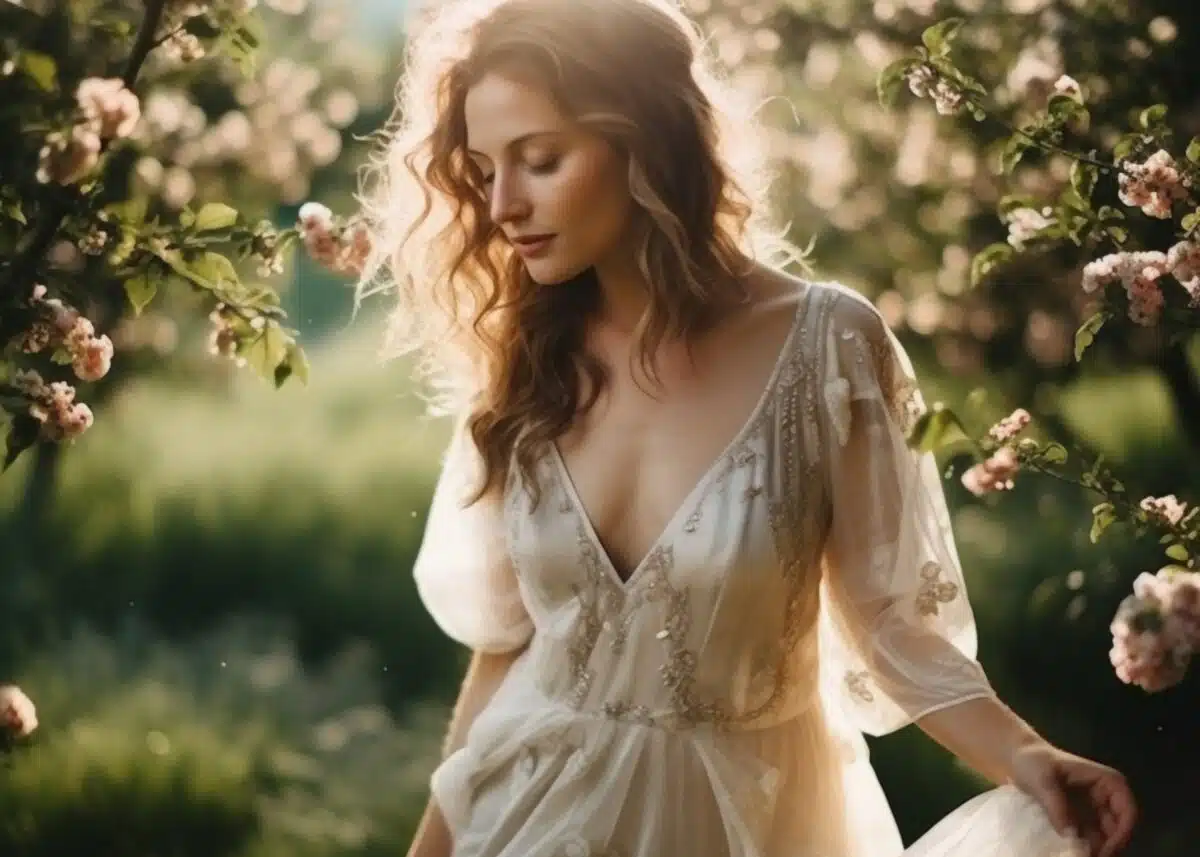
From “A Lover’s Complaint” by William Shakespeare
‘For lo, his passion, but an art of craft,
Even there resolv’d my reason into tears;
There my white stole of chastity I daff’d,
Shook off my sober guards, and civil fears,
Appear to him as he to me appears,
All melting, though our drops this diff’rence bore:
His poison’d me, and mine did him restore.
‘In him a plenitude of subtle matter,
Applied to cautels, all strange forms receives,
Of burning blushes, or of weeping water,
Or swooning paleness; and he takes and leaves,
In either’s aptness, as it best deceives,
To blush at speeches rank, to weep at woes,
Or to turn white and swoon at tragic shows.
‘That not a heart which in his level came
Could ’scape the hail of his all-hurting aim,
Showing fair nature is both kind and tame;
And veil’d in them, did win whom he would maim.
Against the thing he sought he would exclaim;
When he most burned in heart-wish’d luxury,
He preach’d pure maid, and prais’d cold chastity.
‘Thus merely with the garment of a grace,
The naked and concealed fiend he cover’d,
That th’unexperient gave the tempter place,
Which, like a cherubin, above them hover’d.
Who, young and simple, would not be so lover’d?
Ay me! I fell, and yet do question make
What I should do again for such a sake.
‘O, that infected moisture of his eye,
O, that false fire which in his cheek so glow’d!
O, that forc’d thunder from his heart did fly,
O, that sad breath his spongy lungs bestow’d,
O, all that borrowed motion, seeming owed,
Would yet again betray the fore-betrayed,
And new pervert a reconciled maid.’
“Sonnet 1: From fairest creatures we desire increase” by William Shakespeare
From fairest creatures we desire increase,
That thereby beauty’s rose might never die,
But as the riper should by time decease,
His tender heir might bear his memory:
But thou contracted to thine own bright eyes,
Feed’st thy light’s flame with self-substantial fuel,
Making a famine where abundance lies,
Thyself thy foe, to thy sweet self too cruel:
Thou that art now the world’s fresh ornament,
And only herald to the gaudy spring,
Within thine own bud buriest thy content,
And, tender churl, mak’st waste in niggarding:
Pity the world, or else this glutton be,
To eat the world’s due, by the grave and thee.
“Sonnet 104: To me fair friend you never can be old” by William Shakespeare
To me fair friend you never can be old,
For as you were when first your eye I eyed,
Such seems your beauty still: three winters cold,
Have from the forests shook three summers’ pride,
Three beauteous springs to yellow autumn turned,
In process of the seasons have I seen,
Three April perfumes in three hot Junes burned,
Since first I saw you fresh which yet are green.
Ah yet doth beauty like a dial hand,
Steal from his figure, and no pace perceived,
So your sweet hue, which methinks still doth stand
Hath motion, and mine eye may be deceived.
For fear of which, hear this thou age unbred,
Ere you were born was beauty’s summer dead.

“Sonnet 65: Since brass, nor stone, nor earth, nor boundless sea” by William Shakespeare
Since brass, nor stone, nor earth, nor boundless sea,
But sad mortality o’ersways their power,
How with this rage shall beauty hold a plea,
Whose action is no stronger than a flower?
O how shall summer’s honey breath hold out,
Against the wrackful siege of batt’ring days,
When rocks impregnable are not so stout,
Nor gates of steel so strong but time decays?
O fearful meditation, where alack,
Shall Time’s best jewel from Time’s chest lie hid?
Or what strong hand can hold his swift foot back,
Or who his spoil of beauty can forbid?
O none, unless this miracle have might,
That in black ink my love may still shine bright.
“Sonnet 30: When to the sessions of sweet silent thought” by William Shakespeare
When to the sessions of sweet silent thought,
I summon up remembrance of things past,
I sigh the lack of many a thing I sought,
And with old woes new wail my dear time’s waste:
Then can I drown an eye (unused to flow)
For precious friends hid in death’s dateless night,
And weep afresh love’s long since cancelled woe,
And moan th’ expense of many a vanished sight.
Then can I grieve at grievances foregone,
And heavily from woe to woe tell o’er
The sad account of fore-bemoaned moan,
Which I new pay as if not paid before.
But if the while I think on thee (dear friend)
All losses are restored, and sorrows end.
“Sonnet 33: Full many a glorious morning have I seen” by William Shakespeare
Full many a glorious morning have I seen,
Flatter the mountain tops with sovereign eye,
Kissing with golden face the meadows green;
Gilding pale streams with heavenly alchemy:
Anon permit the basest clouds to ride,
With ugly rack on his celestial face,
And from the forlorn world his visage hide
Stealing unseen to west with this disgrace:
Even so my sun one early morn did shine,
With all triumphant splendour on my brow,
But out alack, he was but one hour mine,
The region cloud hath masked him from me now.
Yet him for this, my love no whit disdaineth,
Suns of the world may stain, when heaven’s sun staineth.

“Sonnet 146: Poor soul the centre of my sinful earth” by William Shakespeare
Poor soul the centre of my sinful earth,
My sinful earth these rebel powers array,
Why dost thou pine within and suffer dearth
Painting thy outward walls so costly gay?
Why so large cost having so short a lease,
Dost thou upon thy fading mansion spend?
Shall worms inheritors of this excess
Eat up thy charge? is this thy body’s end?
Then soul live thou upon thy servant’s loss,
And let that pine to aggravate thy store;
Buy terms divine in selling hours of dross;
Within be fed, without be rich no more,
So shall thou feed on death, that feeds on men,
And death once dead, there’s no more dying then.
“Sonnet 27: Weary with toil, I haste me to my bed” by William Shakespeare
Weary with toil, I haste me to my bed,
The dear respose for limbs with travel tired,
But then begins a journey in my head
To work my mind, when body’s work’s expired.
For then my thoughts, from far where I abide,
Intend a zealous pilgrimage to thee,
And keep my drooping eyelids open wide,
Looking on darkness which the blind do see.
Save that my soul’s imaginary sight
Presents thy shadow to my sightless view,
Which like a jewel (hung in ghastly night)
Makes black night beauteous, and her old face new.
Lo thus by day my limbs, by night my mind,
For thee, and for my self, no quiet find.
“Sonnet 50: How heavy do I journey on the way” by William Shakespeare
How heavy do I journey on the way,
When what I seek (my weary travel’s end)
Doth teach that case and that repose to say
’Thus far the miles are measured from thy friend.’
The beast that bears me, tired with my woe,
Plods dully on, to bear that weight in me,
As if by some instinct the wretch did know
His rider loved not speed being made from thee:
The bloody spur cannot provoke him on,
That sometimes anger thrusts into his hide,
Which heavily he answers with a groan,
More sharp to me than spurring to his side,
For that same groan doth put this in my mind,
My grief lies onward and my joy behind.
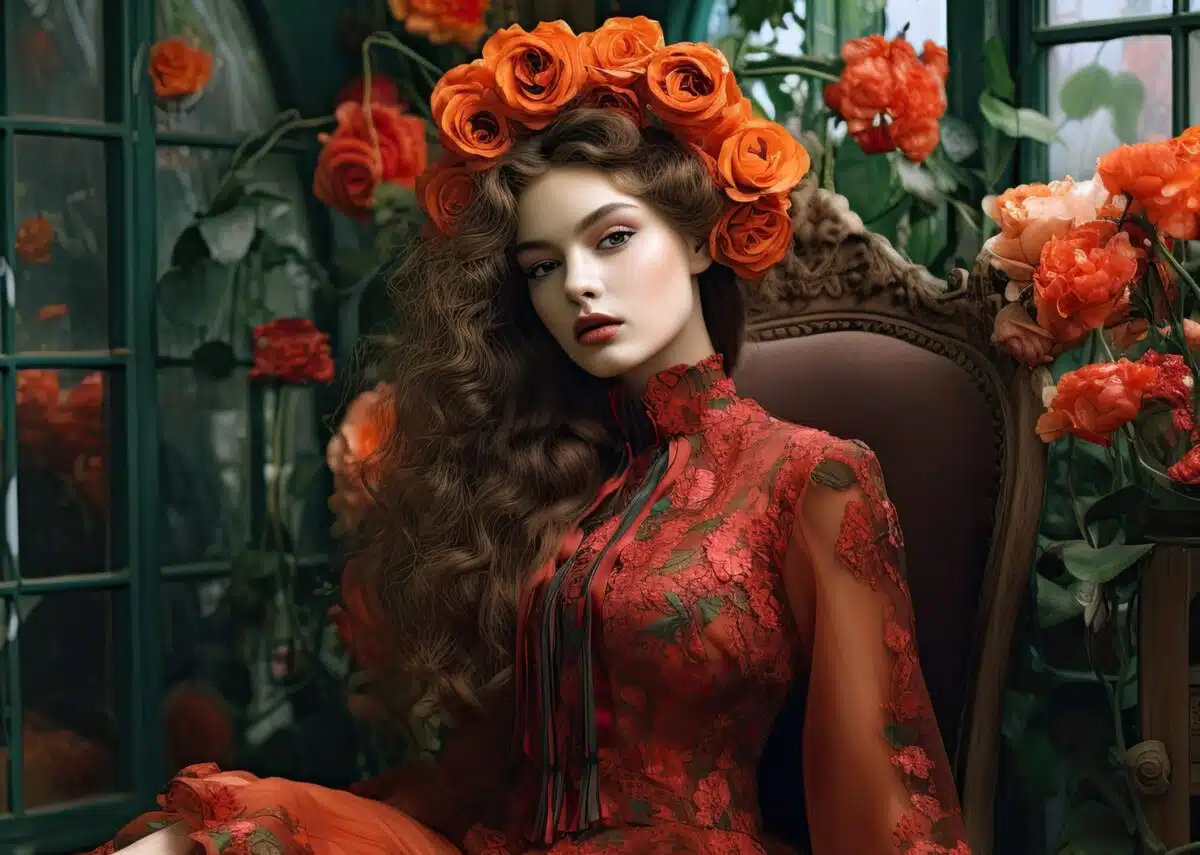
“Sonnet 75: So are you to my thoughts as food to life” by William Shakespeare
So are you to my thoughts as food to life,
Or as sweet-seasoned showers are to the ground;
And for the peace of you I hold such strife
As ’twixt a miser and his wealth is found.
Now proud as an enjoyer, and anon
Doubting the filching age will steal his treasure,
Now counting best to be with you alone,
Then bettered that the world may see my pleasure,
Sometime all full with feasting on your sight,
And by and by clean starved for a look,
Possessing or pursuing no delight
Save what is had, or must from you be took.
Thus do I pine and surfeit day by day,
Or gluttoning on all, or all away.
“Song: Urns and odours bring away” by William Shakespeare (From The Two Noble Kinsmen)
Urns and odours bring away;
Vapours, sighs, darken the day;
Our dole more deadly looks than dying;
Balms and gums and heavy cheers,
Sacred vials filled with tears,
And clamours through the wild air flying.
Come, all sad and solemn shows
That are quick-eyed Pleasure’s foes;
We convent naught else but woes.
We convent naught else but woes.
- 53 Best Poems by John Keats
- 27 Best Poems by Arthur Rimbaud
- 47 Best Poems by Edgar Allan Poe
- 43 Best Poems by Rumi
- 35 Bewitching Love Poems by Rumi
- 47 Admirable Love Poems by William Butler Yeats
- 21 Sensuous Love Poems by John Keats
- 21 Absorbing Love Poems by Pablo Neruda
- 49 Consuming Love Poems by Shakespeare
